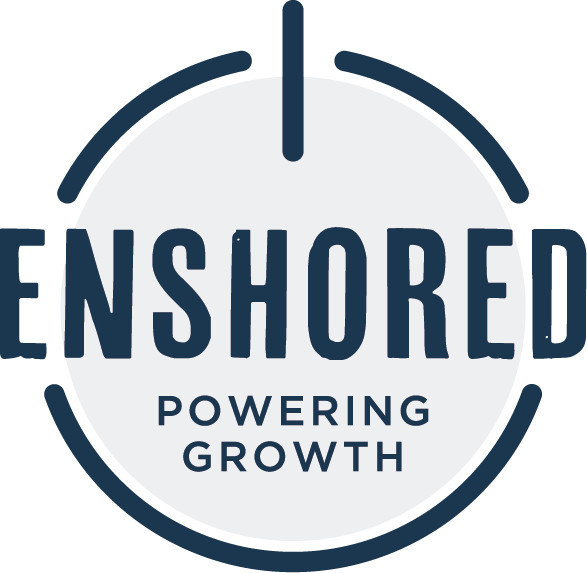Taking too long? Close loading screen.


The business landscape is ever-evolving, with companies continuously seeking strategies to maximize efficiency and drive growth. One such strategy is the trend of outsourcing inside sales operations. By exploring this avenue, many businesses are unlocking a myriad of benefits, from cost savings to accessing a world-class talent pool. But what exactly does it mean to outsource inside sales, and why is it garnering such attention?

Inside sales, in its simplest form, refers to the sales activities conducted remotely, usually via phone calls, emails, or online presentations. It differs from traditional field sales where representatives meet clients in person. With the advent of technology and changing consumer behaviors, inside sales has become a dominant force in the modern sales landscape.

In an era where efficiency meets expertise, outsourcing sales and marketing has emerged as the go-to strategy for many businesses. Delve into the multifaceted benefits this approach offers, from enhanced scalability to tapping into a reservoir of global talent.

Embarking on the journey of outsourcing is no small feat. It’s a strategic move that demands thorough research, clear understanding, and meticulous planning. As you step into this domain, here are some crucial insights to steer you towards a successful partnership.
Choosing the right partner to handle your outsourced sales and marketing functions is not just a crucial decision; it’s a pivotal one that can significantly impact your business outcomes. The process involves more than merely ticking off boxes; it requires a comprehensive due diligence that looks at multiple facets of the potential partner.
One essential aspect to delve into is the company’s past performance, including its success rate in delivering similar services to other businesses. This information can often be gleaned from case studies, project reports, or even testimonials from previous clients.
Furthermore, it’s crucial to investigate client reviews and feedback. Look for independent reviews on third-party platforms as these are often more unbiased and provide a clearer picture of the company’s capabilities and shortcomings. Don’t be swayed solely by a slick website or a persuasive sales pitch. Additionally, the prospective partner should have a proven track record in your specific industry. This ensures they have the requisite expertise and understanding of industry-specific nuances to manage your outsourced functions effectively.
Finally, evaluate whether the potential partner not only provides cost-saving benefits but also offers high-quality service that aligns with your own standards. In outsourcing, the goal is not to compromise on quality while leveraging specialized skills and cost advantages.
When it comes to outsourcing sales and marketing companies, any reputable company should offer a well-defined Service Level Agreement (SLA). An SLA is more than just a contractual obligation; it’s a roadmap that delineates the expectations, deliverables, and metrics that will guide the relationship between the two parties. The SLA serves as a safeguard to ensure that the customer experience remains at the forefront of the outsourcing process. It lays down specific timelines, quality parameters, and even penalties for not meeting the agreed-upon service levels.
The SLA is beneficial not just for the client but also for the service provider, as it sets clear expectations and provides a framework for accountability. By outlining key performance indicators (KPIs), service benchmarks, and mutual responsibilities, the SLA ensures that the customer experience outsourcing process remains smooth, transparent, and beneficial for all parties involved.
Outsourced marketing and sales should not be viewed as a mere vendor-client relationship but rather as a strategic partnership. It’s crucial to find a third-party entity that is in alignment with your company’s core values, mission, and long-term objectives. Both sides should share a coherent vision for success, appreciating the stakes involved and understanding the best strategies for achieving mutual goals.
Prior to engagement, companies should have in-depth discussions to ensure alignment in key areas like organizational culture, target audiences, marketing ethics, and business objectives. This alignment is critical for seamless integration and effective collaboration. Misalignment can lead to miscommunication, project delays, and even conflicts that can derail your outsourcing efforts. On the other hand, when both sides are aligned, it fosters a synergy that can drive your business forward in a more dynamic and effective way.
Outsourcing inside sales operations presents businesses with a golden opportunity to streamline their processes, reduce costs, and tap into global expertise. Whether you’re a startup or an established enterprise, considering this option can dramatically transform your sales and marketing landscape, ensuring growth and profitability in an increasingly competitive market.
If you’re evaluating your current sales operations, take a moment to reflect on the insights shared above. Could outsourced marketing be the catalyst that propels your business to new heights? Embrace the possibilities and explore further.
Anticipating growth?
Access the tools, tech & team you need to scale globally.

Serious about scaling?
One call is all it takes to know if we’re a fit.
© 2024 Enshored · Privacy · GDPR · California · Cookies · Marketing by Klicker